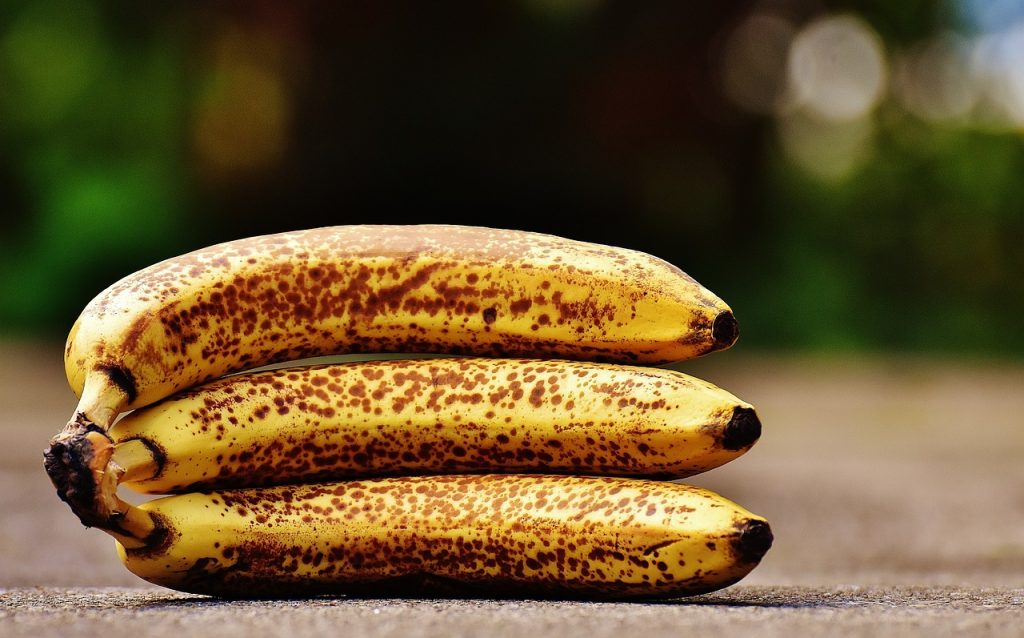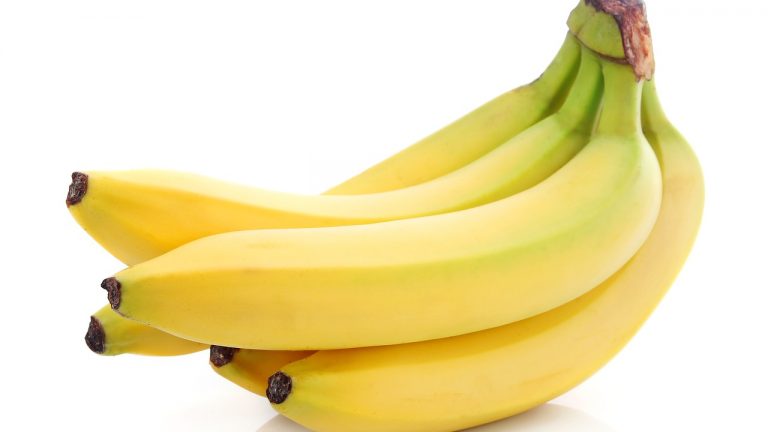Bananas offer Numerous Health Benefits, Making Them a Popular and Nutritious Fruit. Here Are Some Key Advantages of Eating Bananas:
- Rich in Nutrients: Bananas are an excellent source of essential vitamins and minerals, including vitamin C, vitamin B6, potassium, and manganese.
- Boosts Heart Health: The high potassium content in Bananas helps regulate blood pressure, reduces strain on the cardiovascular system, and can lower the risk of heart disease.
- Supports Digestive Health: Bananas contain dietary fiber, which promotes healthy digestion and helps prevent constipation.
- Provides Energy: Bananas are a great source of natural sugars (glucose, fructose, and sucrose), which provide a quick and sustained energy boost. They are especially popular with athletes for this reason.
- Improves Mood and Reduces Stress: Bananas contain tryptophan, an amino acid that can help the body produce serotonin, which helps improve mood and reduce stress levels.
- Good for Weight Management: Bananas are low in calories and high in fiber, which helps you feel full longer and can aid in weight management.
- Supports Muscle Function: The potassium and magnesium in Bananas support muscle function and prevent muscle cramps, particularly beneficial after workouts.
- Antioxidant Properties: Bananas contain several antioxidants, including dopamine and catechins, which can help reduce oxidative stress and lower the risk of chronic diseases.
- Supports Bone Health: While not high in calcium, which can help improve calcium absorption in the body, supporting bone health.
- May Aid Kidney Health: Regular consumption of Bananas may promote kidney function and help prevent kidney stones due to their potassium content.
How To Identify Chemically Contaminated Bananas:
To Identify Chemically Contaminated Bananas, You Can Use Both Visual Cues And Laboratory Testing. While Testing Provides Accurate Results, There Are Some Common Signs To Watch Out For:
1. Visual Inspection
- Unnaturally bright or shiny skin: If the Banana skin appears unusually shiny or waxy, it could be a sign that it has been treated with chemicals or artificial ripening agents.
- Premature ripening: Bananas that are uniformly yellow or have a deep yellow color with green tips may indicate artificial ripening through chemicals like calcium carbide or ethylene.
- Smell: A strange or chemical odor can indicate the use of synthetic ripening agents.
- Unusual black spots: Excessive or unusually large black patches may indicate that chemicals like calcium carbide were used to ripen the fruit quickly.
2. Taste and Texture
- Bitter taste: Chemically ripened Bananas may have an off-taste or lack sweetness.
- Unusual softness or firmness: If a Banana feels too firm but is fully yellow, it may have been artificially ripened.
3. Water Test for Chemical Ripening
- Submerge the Banana in water. Artificially ripened Bananas may leave a white residue in the water, which could be the chemical used for ripening.

4. Laboratory Testing
- Gas Chromatography-Mass Spectrometry (GC-MS): This test can detect residues of ripening agents like ethylene, calcium carbide, or other chemicals.
- Chemical analysis for pesticide residues: Tests can be done to determine if harmful pesticides or fertilizers were used.





